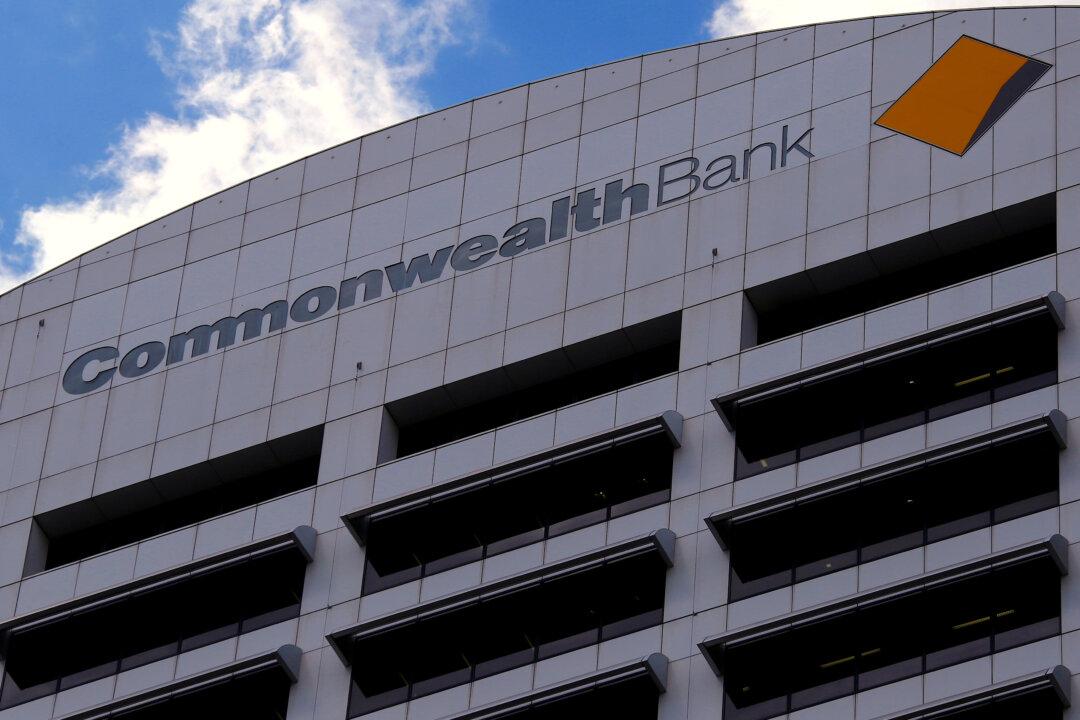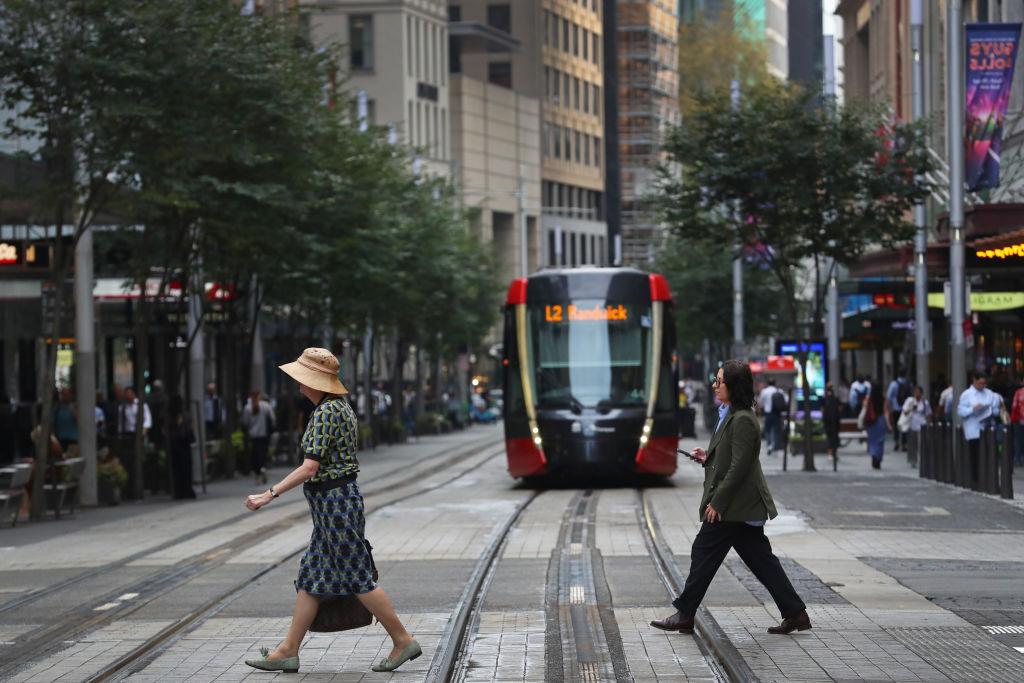Australian businesses are investing more in greener assets despite economic uncertainty over the past 12 months, Commonwealth Bank of Australia data showed.
Business spending on electric vehicle fleets grew by more than 325 percent while spending on hybrid motor vehicles soared by 120 percent from the prior year. CommBank’s business bank saw total vehicle and equipment financing grow 22 percent during the period.




